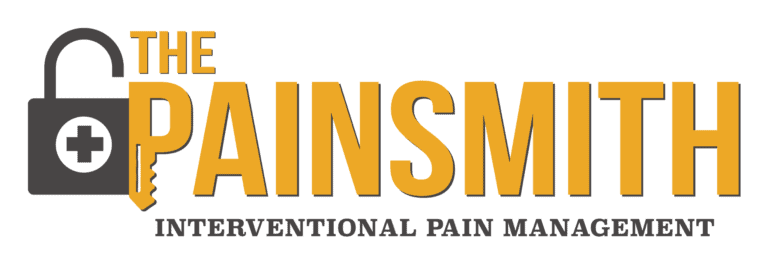The third week of January is Healthy Weight Week in the United States. This week is a great opportunity to get moving during what is typically one of the most sedentary months of the year, as well as to take a closer look at your diet and eating habits. If you are looking to lose some weight, or just want to start a new healthy routine, read on for weight management tips from Dr. Smith.
For those who are struggling with chronic pain, carrying excess weight can be both a cause…and an effect. Chronic pain can make it difficult to stay active, which can lead to weight gain, and excess weight can also put more pressure on your joints, more stress on your muscles and ligaments, and even put your spine out of alignment, causing pain. Many people are stuck in a cycle of trying to manage their chronic pain and their weight. (Obesity Medicine Association)
Being overweight can worsen or contribute to the following conditions:
- Back Pain
- Sciatica
- Bulging or Herniated Disc
- Diabetes/Diabetic Neuropathy
- Joint Pain (Hip, Knee, Ankle, Foot)
- Muscle Pain
- Degenerative Disc Disease
- Arthritis (Osteo, Rheumatoid or Psoriatic)

Set a goal
Eat Healthy
Healthier eating is not just about reducing calorie intake – but also making better food choices. Food is fuel for your body and if you are not getting the right nutrients, it can be difficult to achieve your fitness goals. Anti-inflammatory diets like the Mediterranean diet have been shown to help manage weight and inflammation-related chronic pain.
Healthy Eating Suggestions:
- Eat at least four servings of vegetables and three servings of fruits daily
- Whole grains versus processed, refined grains
- Healthy fats, such as olive oil, vegetable oils, avocados, nuts, nut butters and nut oils (in moderation)
- Minimizing added sugar, except the natural sugar in fruit.
- Low-fat dairy products, lean meat and poultry versus red meat
Low-impact exercises
Maintaining a regular exercise program can help alleviate chronic pain and maintain a healthy weight. Low-impact exercises can offer many benefits without causing further injury and worsening your chronic pain. In a previous blog post, we shared some exercises for people struggling with chronic pain that are lower-impact including yoga, walking, swimming and biking. The best exercise program is the one that you will stick to, so try out different exercises, different environments, or different times of the day to find out what works best for you.
Most importantly, keep in mind that weight loss is a marathon, not a sprint. You won’t lose weight overnight – give yourself a chance to see results. Make gradual changes to allow yourself time to get used to your new habits. Extreme calorie reduction, elimination of entire food groups or completely depriving yourself of the foods you love will likely not lead to long-term success. The Centers for Disease Control and Prevention (CDC) recommend a gradual, steady weight loss of about 1–2 pounds per week to give yourself the best chances for long-term weight loss.
Make sure you talk to your doctor or physical therapist prior to starting any weight loss or exercise program. This is especially true if you are currently recovering from surgery or undergoing pain management treatment. Reach out to your main physician or The PainSmith team if you have any questions.
If you have back pain, joint pain, neck pain, or any other type of pain, give us a call or you can request a consultation and we’ll discuss your options.
